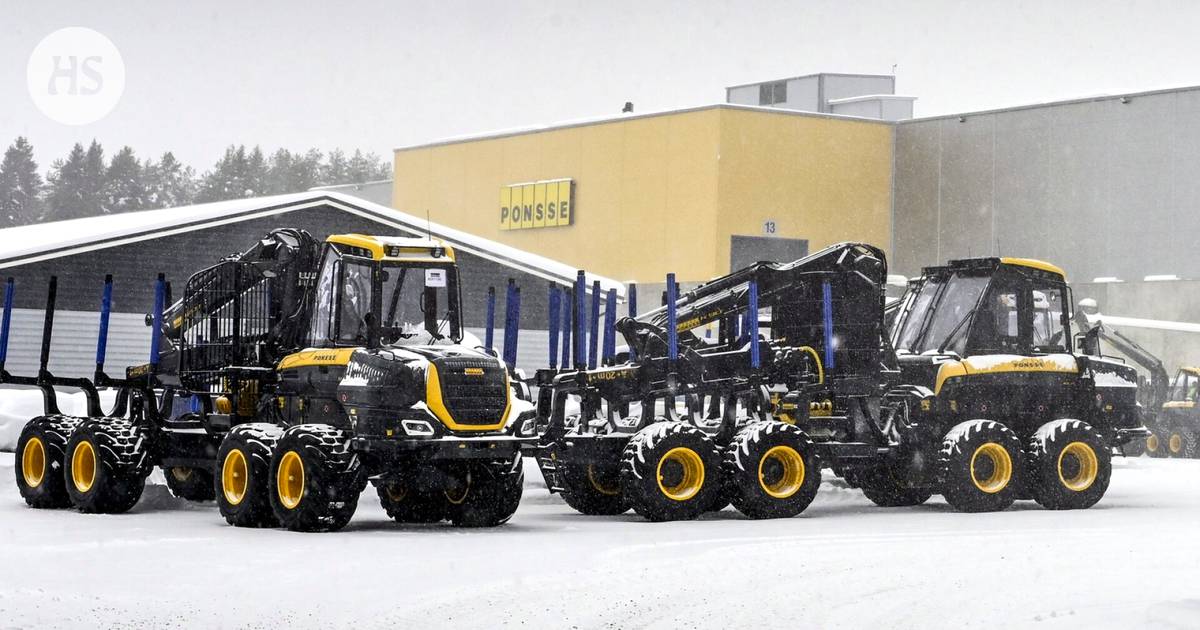
Honeywell has recently introduced a new hydrocracking technology that can produce sustainable aviation fuel (SAF) from biomass, making the fuel 90% less carbon intensive than traditional fossil-based jet fuels. This technology not only produces 3-5% more SAF but also reduces costs by up to 20% and minimizes by-product waste streams compared to other hydroprocessing technologies.
The latest innovation from Honeywell, the FT Unicracking technology, is capable of processing waste biomass into SAF at a lower cost. The process involves extracting liquids and waxes from processed biomass, such as crop leftovers, wood waste, or food scraps, to produce SAF that meets industry standards with a lower environmental impact.
As demand for SAF continues to rise, the aviation industry is facing challenges due to limited supplies of traditional SAF feedstocks like vegetable oils, animal fats, and waste oils. However, Honeywell’s new technology combined with the existing Fischer-Tropsch process expands the feedstock options to more plentiful sources, improving the industry’s ability to produce SAF.
DG Fuels has selected Honeywell’s FT Unicracking technology for its biofuels manufacturing facility in Louisiana. This facility will become the world’s largest SAF producer from the FT process and is expected to produce 13,000 barrels of SAF daily by 2028. This production will supply fuel for over 30,000 transatlantic flights annually and significantly reduce carbon emissions from global air travel.
Michael Darcy, CEO of DG Fuels believes that utilizing Honeywell’s advanced technology will help the airline industry achieve its goal of reaching net-zero carbon emissions from international aviation by 2050. This development marks a significant step forward in supporting sustainable air travel.
In summary, Honeywell has developed a new hydrocracking technology that can produce sustainable aviation fuel (SAF) from biomass at a lower cost than traditional fossil-based jet fuels. The FT Unicracking technology is capable of extracting liquids and waxes from processed biomass while reducing costs by up to 20%. DG Fuels has selected this technology for its biofuels manufacturing facility in Louisiana which is expected to become the world’s largest SAF producer from the FT process by producing 13





